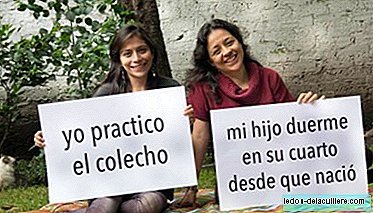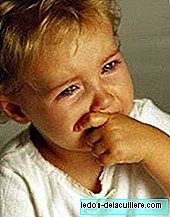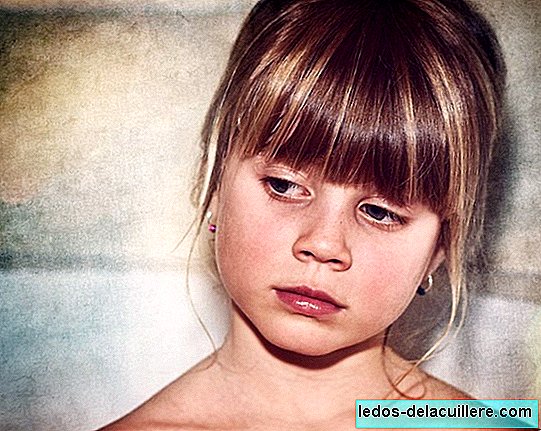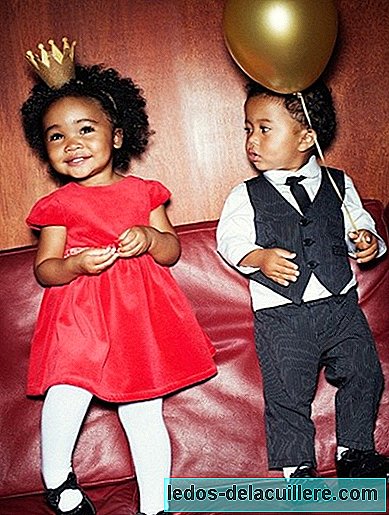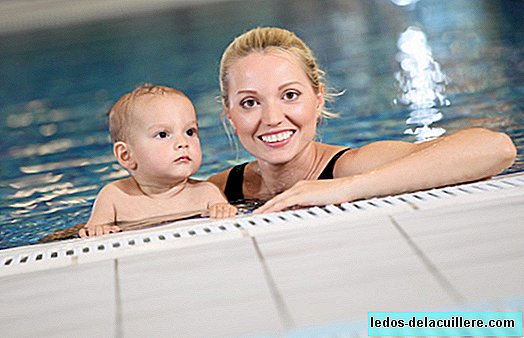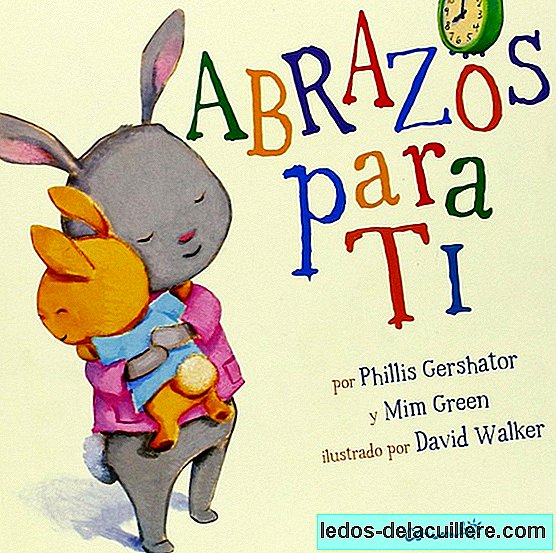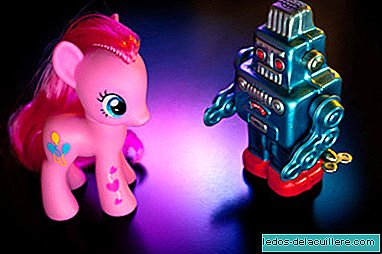
There is a long way to go, in politics, in advertising, in society in general ... to make sexism or gender discrimination disappear. And unfortunately those gender distinctions, those stereotypes that are perpetuated, do so starting with our children.
We must help our children to be educated in equality so that strange things do not happen like a pink thermometer cost us more expensive than the same in blue, or that there are bags of potatoes for boys and girls ... In the world of toys, the distinction is typical for boys and girls, when in reality there are no different toys for them and them, it is as we want to see and teach them.
Recently we told you in a humorous way, with the quick guide to know if a toy is for boys or girls: if it is to play with the genitals it is not a toy; If it is not to play with the genitals, it can be worth for both boys and girls.
The Andalusian Institute of Women and the Andalusian Observatory of Non-sexist Advertising have published this Decalogue to choose non-sexist games and toys, within the Non-sexist and non-violent Game and Toy Campaign. Ten tips to get the toy right without falling into stereotypes and not passing them on to our children so they don't perpetuate themselves.
Boys and girls learn by playing. The game is free and spontaneous. There are no boys or girls toys. Avoid those who convey this idea.
There are no colors of boys or girls, only social labels that limit creativity. Let's choose the colors, let's not let them choose them.
Try to choose toys that reflect the diversity of each person: we are equal, we are different.
Guiding in a good choice of toys you are also educating. Choose correctly, taking into account that they are safe, consistent with age and free from sexist prejudices.
Choose toys that gather boys and girls cooperating and sharing spaces, both public and domestic. You will teach them to build a freer and equal world.
Give toys that help promote all the personal abilities and skills of girls and boys, enabling both quiet games and those that require physical activity.
Look for games and toys that enhance equality in participation and the development of feelings and affections, without differentiation, in girls and boys.
Avoid violent toys, games and video games. Educate to solve problems in a positive, constructive and creative way.
Sometimes advertising shows images and values different from those we want to show them. It is important to listen to girls and boys, do not ignore their requests, but not say yes to everything.
Look for books, games, video games and toys in which children are named and present.
This week we had the celebration of Working Women's Day, and we saw all the way left to go for our daughters. Let us not forget these tips about the toys that our children spend so much time with or these reflections so that, also in this way, we contribute to equality.
Do you try run away from stereotypes and sexist toys? In your house all games and toys are "unisex"? Or do you succumb to tradition, to children's wishes, to what family members give you ...?


